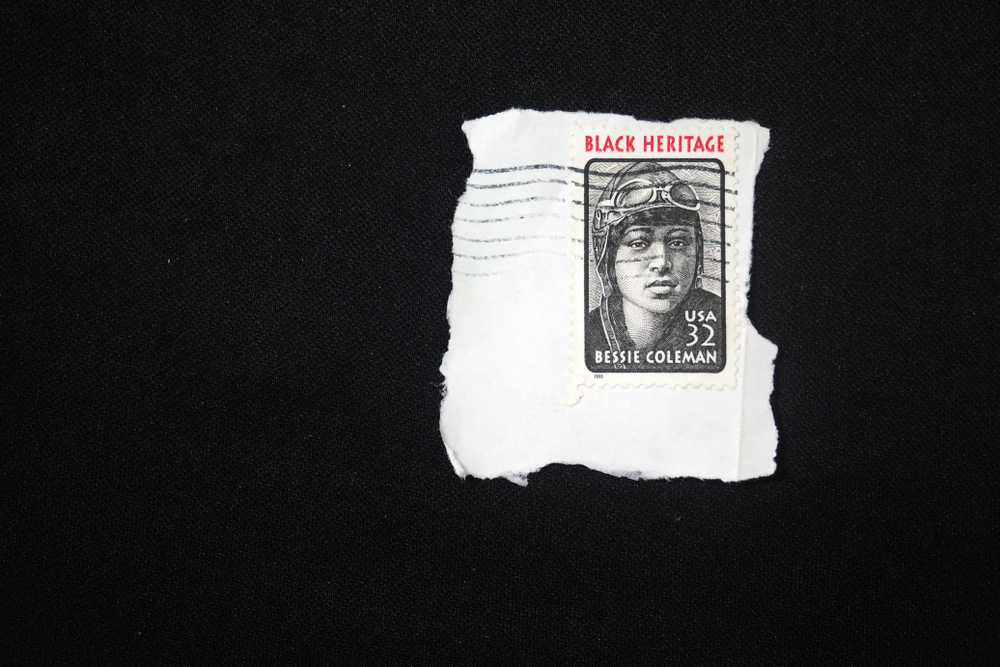Bessie Coleman became the first Black woman pilot when she earned her pilot’s license 100 years ago in June. While staying in Chicago with her brothers, and looking for work as a beautician, Bessie Coleman heard stories from her brothers about their experiences in France during World War I. When she heard women in France were flying planes as pilots, she decided that was what she wanted to do.
She applied to many flight schools but was denied entry because she was black and a woman. It was at the encouragement of Chicago Defender founder, Robert Sengstacke Abbott she journeyed to France to learn how to fly.
To celebrate the 100th anniversary of Bessie Coleman’s historic achievement, the DuSable Museum of African American History and the AeroStar Avion Institute will honor her legacy and celebrate the future of a more diverse and inclusive aviation industry. AeroStar’s Aerospace Talent Pipeline project in partnership with Boeing, United Airlines, Milhouse Charities, and more are changing the narrative. Today Black women make up less than 1% of airline pilots flying today. African Americans make up less than 5% of the Aviation industry.
Discriminatory practices eliminated access and created barriers to entry for black and brown people over generations. The AeroStar Avion Institute is an organization established to provide aeronautical education and training to underserved, minority, and female students.
For more information on the Bessie, Coleman Centennial visit the DuSable Museum Website.
Danielle Sanders is a writer and journalist living in Chicago. Find her on social media @DanieSandersOfficial.



